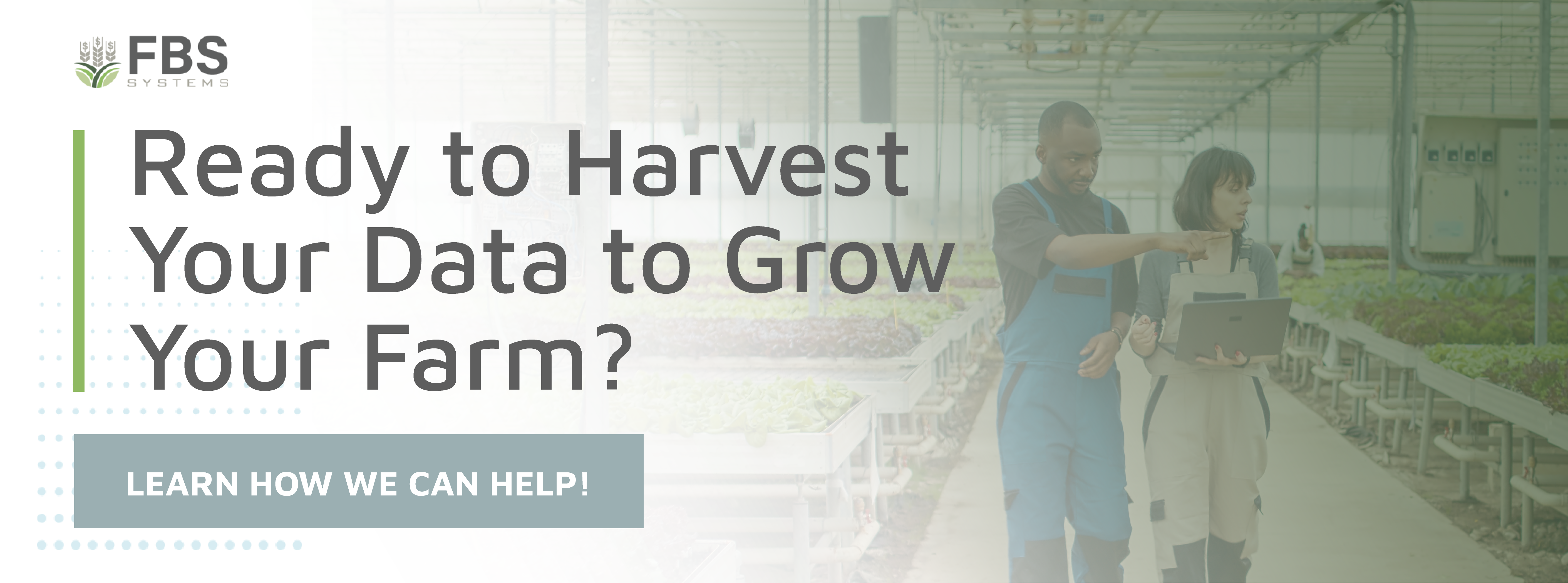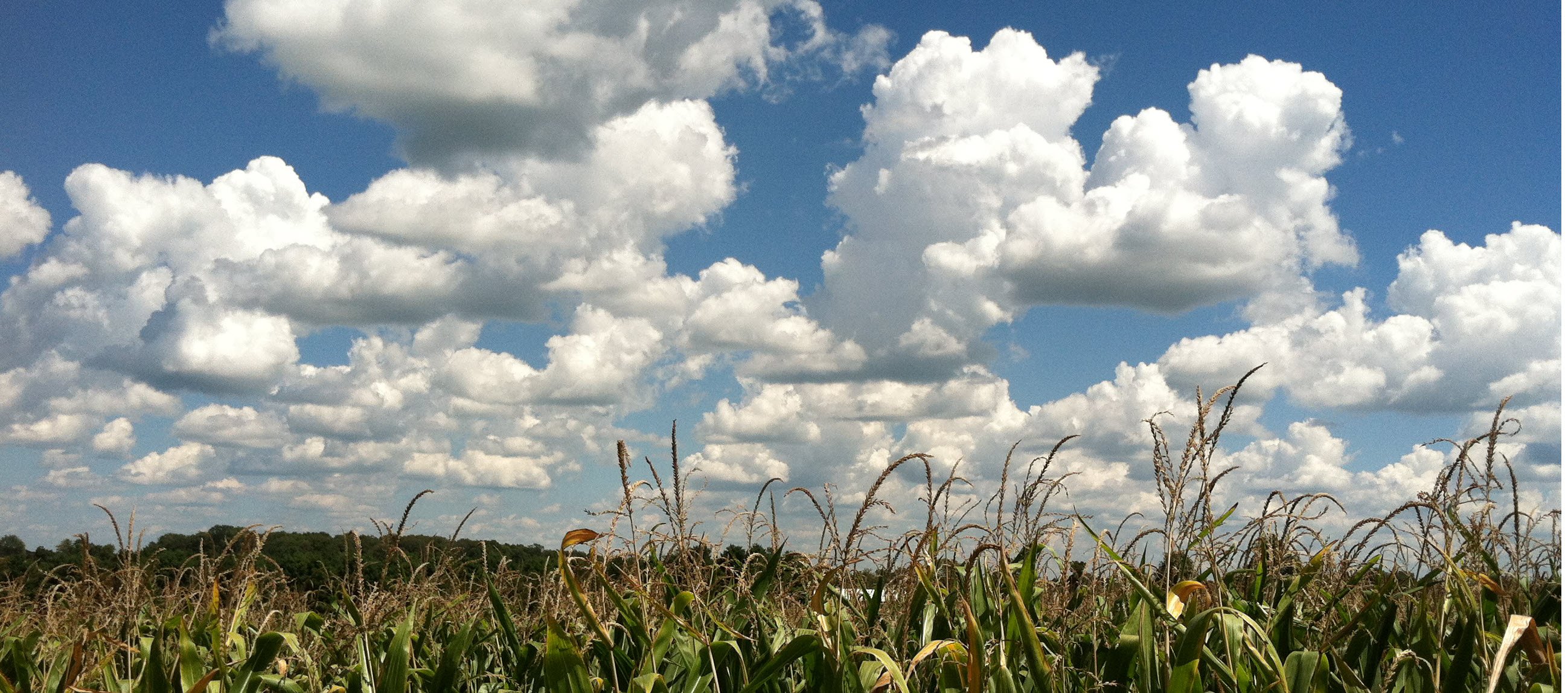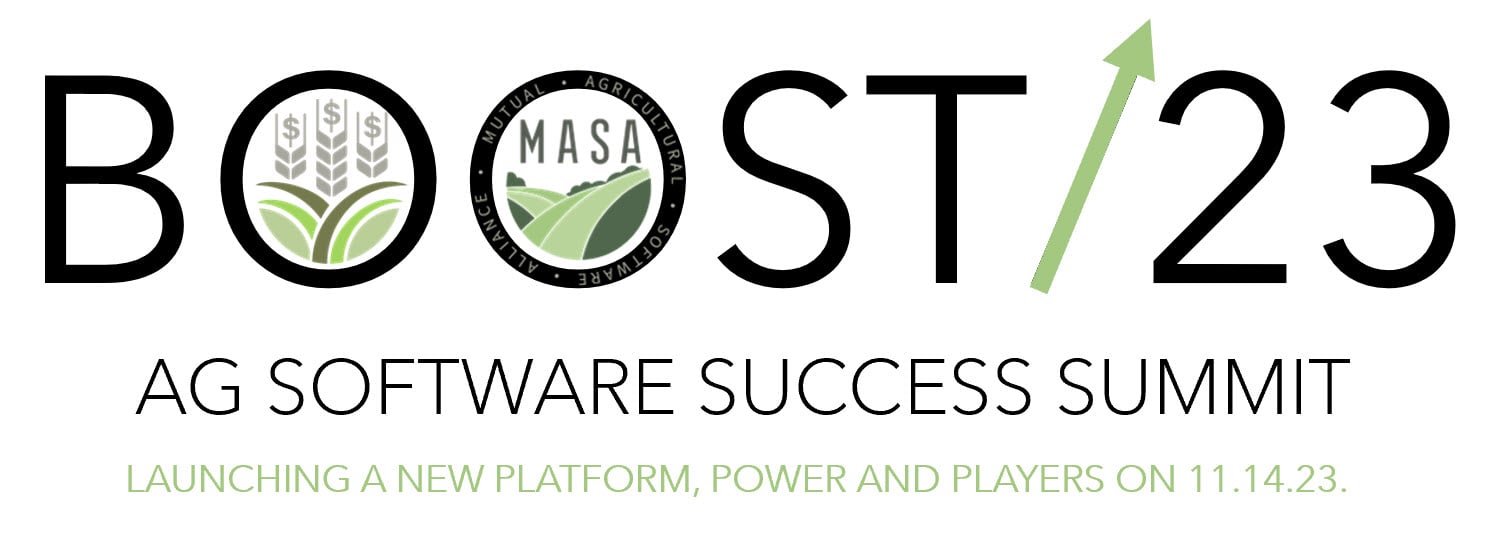When analyzing your farm’s financial reporting system, what level of reporting does your farm use? Are you on a cash basis, an accrual/management accounting basis, or both? In other articles, we’ve contrasted the ways that farmers produce their financial statements and the conflicting goals of maintaining simultaneous financial records using both cash and accrual.
The conflict is largely due to factors like:
- Most farmers tend to file cash-based tax returns because the IRS allows them to.
- Cash-basis 1040 Schedule F returns distorting true farm earnings.
- Many farmers lacking the training (or incentive) to prepare accrual financial statements.
Let’s go over a basic comparison of cash vs accrual accounting and how to modernize your farm’s financial reporting system to the benefit of your farming operation.
Financial Reporting Systems for Farms: Cash vs Accrual
The two major ways that farmers conduct agricultural accounting: Cash basis accounting and accrual basis accounting. Financial analysis from cash basis accounting can be further subdivided into “Black Box” analysis and “User-Supplied” data analysis.
Here’s a simplified breakdown
- Black Box Cash Basis Analysis. This is when you’re purely on cash-basis books and fill out a balance sheet once a year and delegate financial oversight to a lender and their proprietary system of analysis (the so-called “black box”). Revenue and expenses are reported only when payments are received or made—not when the transaction or agreement is created.
- User Supplied Data Cash Basis Analysis. In this version of cash basis financial reporting, you still only report income and expenses when payments are made or received. The difference is that instead of using a lender’s black box solution for financial analysis, you produce your own financial statements while following the “recipe” documented by the Farm Financial Standards Council (FFSC).
- Accrual/Management Accounting. Under accrual accounting, revenue is accounted for when it is earned instead of when a payment is deposited in the bank. Similarly, production costs are not recognized until crops and livestock are sold or moved to another stage.
Converting from Cash vs Accrual to Cash and Accrual Accounting
The separation of the farm reporting methods outlined above creates a “cash vs. accrual” dynamic. However, there’s a third option for managing your farm’s finances and reporting: a hybrid system where you integrate cash, accrual, and management accounting to create the most robust reports and collect the most useful data.
While this method is involved, it can help you automate your accrual financial statements and track activity—including feedlot and field level costs and margins—across your entire farming operation. This, of course, assumes that you have the right farm enterprise resource planning software to collect and manage information across all of your farming enterprises.
 What Is Adjusted Accrual?
What Is Adjusted Accrual?
This adjusted accrual system, as documented in the Farm Financial Standards Council’s Financial Guidelines for Agriculture, relies on a cash-basis accounting system throughout the year, then converts those records to a modified accrual basis for year-end analysis through comparing changes in inventories and "reconstructing" payables and receivables.
Over its decades-long history, the adjusted accrual system has played a critical role in advancing the financial capabilities of farmers (and lenders) as well as helping them survive and thrive.
However, the system is showing its age—having limited scope and flexibility compared to more modern farm accounting methods. You might be in need of a new solution for your farm financial records and reporting if you are experiencing one or more of the following:
- You're trying to track perpetual raw material (seed, chemicals, fertilizer, feed) inventories that turn over several times a year.
- You need to produce accrual financial statements more than once a year.
- You're working with an accounting firm to produce those financial statements.
- Your operation includes multiple accounting entities.
- You need to “cost account” products and departments within your farming operation.
- You're already running transactions through accounts payable and/or accounts receivable.
These situations can all be a good indication that your farm reporting system is ready for a major paradigm shift.
Modernizing Your Farm Financial Reporting System
Instead of trying to manage by cash and report by accrual, you need to manage by accrual and report by cash. Why? Some of the benefits of handling your farm management and reporting this way include:
- Ensuring that your farm inventories are always in sync with your farm accounting transactions.
- Producing your accrual financial statements with little need for manual manipulation (saving you time and effort).
- Helping your cost accounting not only reconcile with your financial statements, but produce them for you.
- Letting your accountant understand your farm accounting process and the audit trail.
- By leveraging an automated process of “backing out” accounts payable and receivable (then segregating accruals from cash entries), producing cash/tax reports at the push of a button with the right software.
Need help modernizing your farm accounting methods? FBS Systems can help you with this transition. Get a free demo today from one of our experienced professionals and find out more about how you can revolutionize your farm financial reporting system to save time while identifying opportunities to improve profitability.
















